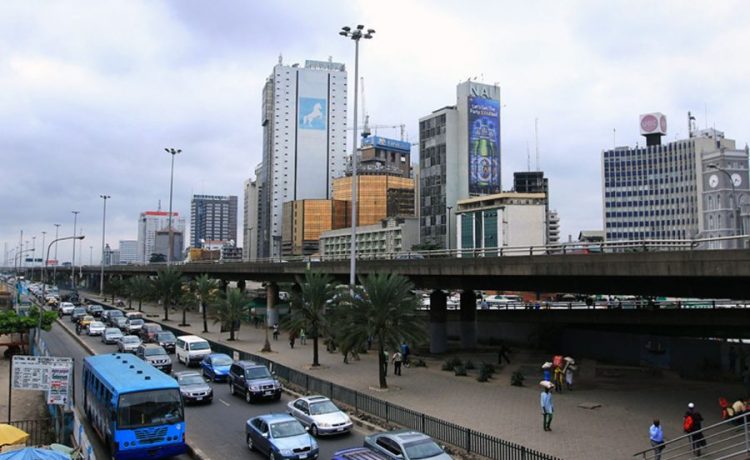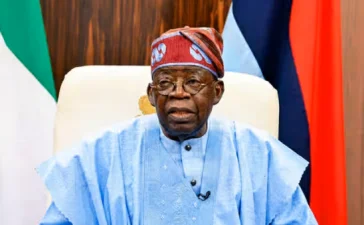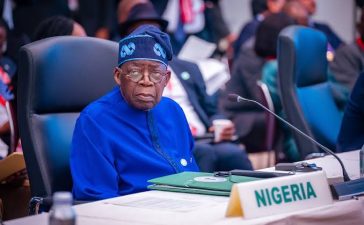The rising cost of energy continues to burden Nigerians, with recent data revealing staggering year-on-year increases in fuel prices.
According to the National Bureau of Statistics (NBS), petrol prices have surged by 64%, while the price of Liquefied Petroleum Gas (LPG), commonly used for cooking, has risen by 60%.
Additionally, the average retail price of diesel has skyrocketed by 59.2%, and household kerosene prices have increased by 50% during the same period.
In September, the NBS reported that Katsina state recorded the highest petrol price, with residents paying an average of N1,096 per litre. Meanwhile, Rivers state topped the charts for cooking gas, with a 5kg cylinder costing an average of N7,285.71.
Several factors are driving these price hikes. The dynamics of the international oil market have played a significant role, with crude oil prices rising above $80 per barrel.
However, the recent removal of petrol subsidies by President Bola Tinubu and the floating of the Naira have significantly exacerbated the situation.
These policy changes are intended to stabilize the economy but have led to immediate repercussions for everyday Nigerians, who are grappling with the rising costs of essential fuels.
Economists warn that these increases in energy prices could have far-reaching effects on the broader economy, impacting transportation costs, food prices, and overall living expenses.
As families adjust to these new realities, there are growing calls for the government to explore alternative solutions to ease the financial burden on citizens.
The sharp rise in energy costs poses a significant challenge to President Tinubu’s administration as it seeks to balance economic reforms with the needs of the populace.







